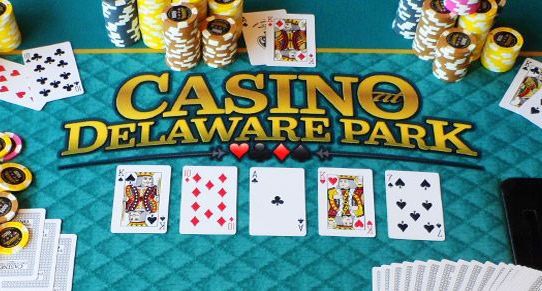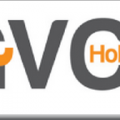
Delaware Online Poker Revenues Close 2015 Up, Year Ahead Faces Challenges

Though Internet casinos are performing adequately, Delaware online poker is doing little to support state expenditures. (Image: cardplayer.com)
Delaware online poker limped its way through 2015, but there’s reason to be cautiously optimistic. After losing roughly one-third of its total revenues over the last 12 months, Internet poker posted stronger-than-expected rake and fee earnings in December.
Following the market’s all-time low posted in October, peer-to-peer games in Delaware increased during November and December. The three iPoker operators collected $31,124 during the holiday month, which constitutes a 7.4 percent jump compared to December 2014.
Online gaming prospered in the First State last year thanks to slots. Overall, Internet gambling rose 29 percent and generated net revenues of $1.8 million.
Tough Act to Follow
Online poker in Delaware has been a tale of two extremes. When the game first became legalized online in 2013, monthly revenues routinely hovered between $50,000 and $100,000.
The market topped out in December of that year, as poker rake and fees reached $106,922.
Then June happened, and the online card rooms would never be the same. Maybe it was the FIFA World Cup that took players away from the tables, or perhaps some other unbeknownst element, but Delaware iPoker plummeted from $57,468 in May to $25,607 in June.
No month since has ever reached the $50,000 threshold.
The Delaware Lottery, which oversees Internet gaming in the state, says its mission is “to maximize Internet Gaming revenue contributed to the state’s General Fund.” With the three iCasinos pulling in less than $2 million, the gaming revenue contribution is miniscule.
Restoring poker rake and fees to its 2014 levels will be no easy task.
Delaware Aware of Hurdles
Delaware Finance Secretary Tom Cook is responsible for governing the State Lottery Office and helps manage the process of raising capital for the General Fund budget.
Though its population is under one million, the Delaware Lottery is a profitable arm of the state government. In 2014, Delaware sold nearly $600 million worth of lottery tickets that led to over $214 million in proceeds for the state.
It’s quite clear that online poker isn’t substantially aiding the General Fund. However, that could change should its northeast neighbor New Jersey decide to enter an interstate agreement to share player liquidity.
Internet Poker in the Garden State has also failed to reach pre-legalization forecasts, but its vastly larger market size would do wonders for Delaware. In December alone, New Jersey collected $1.98 million from Internet poker, a figure that is more than the entire annual iGambling industry in Delaware.
Sharing players in online card rooms would likely entice more consumers in Delaware to compete, as well as generate higher returns for Dover.
Another area of potential revenue generation is daily fantasy sports (DFS). Cook and the Delaware General Assembly expressed interest last fall in deliberating the emerging online sports contests.
“We’ve obviously been following all of the events that have been going on surrounding this,” Cook said in October. “We’re going to look at it thoroughly. I don’t look for us to certainly jump to any conclusions.”















0 Comments